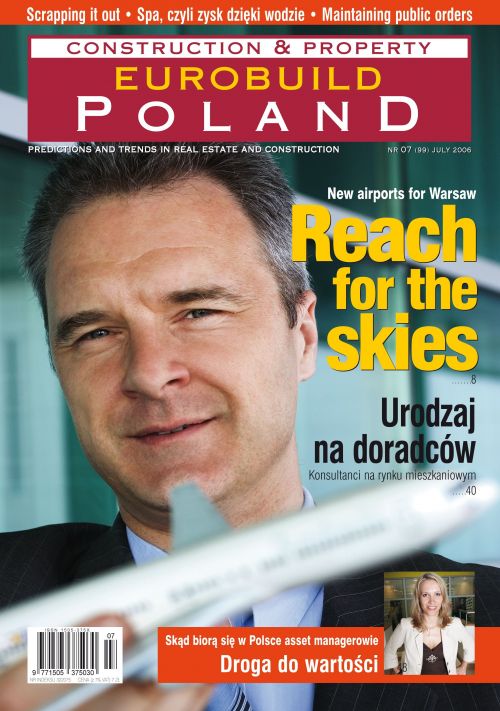Amongst the new provisions of the act, there will be a raising of the threshold for the value of contracts above which they have to be strictly supervised by the Urząd Zamówień Publicznych (Public Procurements Office) from EUR 10 mln to EUR 20 mln. To discuss the implications of the act in more detail, ‘Eurobuild Poland’ spoke to Grzegorz Paprotny, deputy business development director of Budimex Dromex. Nathan North, ‘Eurobuild’: However, it was the process of parliamentary auto-amendments and the general elections in Poland, that were the reasons why these amendments came into force as late as May 5th 2006.What problems had been caused by the situation before the changes in the law? As well as the problems I have already referred to, the principal ones were: the blocking of final decisions of granting orders, prolonging the contract granting procedures, and, in some cases, the forfeiting of awarded finance (including that from the EU), which should have been spent in




























































